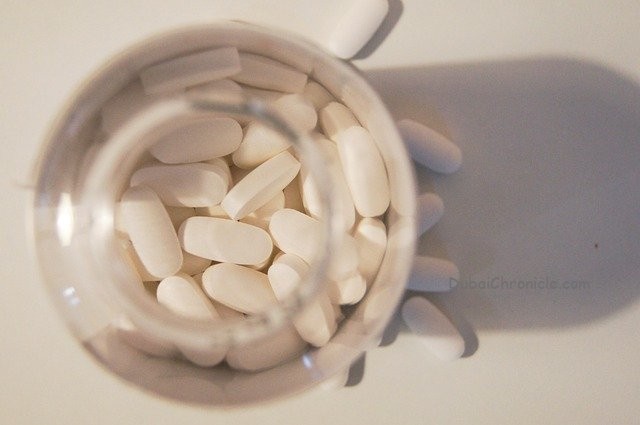
The World Health Organization has suspended testing of the malaria drug hydroxychloroquine after a study published in The Lancet reported that COVID-19 patients taking the drug were dying at higher rates than other patients with the disease.
The study, which drew from a registry of more than 96,000 patients from 671 hospitals across six continents, concluded that patients given chloroquine, its less toxic derivative hydroxychloroquine, or either of the drugs in combination with antibiotics all had a significantly higher risk of death than patients not taking the drugs. They also had an elevated risk of heart rhythm complications, the study reported. The findings were published last week (May 22).
“To our knowledge, these findings provide the most comprehensive evidence of the use of hydroxychloroquine and chloroquine . . . for treatment of COVID-19,” the study authors write in their paper. “Although observational studies cannot fully account for unmeasured confounding factors, our findings suggest not only an absence of therapeutic benefit but also potential harm with the use of hydroxychloroquine or chloroquine drug regimens” in hospitalized patients.
In response to the findings, the World Health Organization (WHO) has suspended testing of hydroxychloroquine in its so-called Solidarity Trial, a project set up to test the efficacy of this and three other drugs as treatments for COVID-19.
“The steering committee met over the weekend, in the light of this uncertainty,” WHO chief scientist Soumya Swaminathan tells NPR. “We decided we should be proactive, err on the side of caution and suspend enrollment temporarily into the hydroxychloroquine arm” of the trial. The study organizers will review data that have already been collected and meet in the next couple of weeks to decide whether to resume testing with hydroxychloroquine.
Other health organizations have issued their own responses to the findings. The UK’s Medicines and Healthcare products Regulatory Authority, for example, has halted a trial of hydroxychloroquine in older people with COVID-19 and another preventive study, although a separate UK trial of the drug in COVID-19 patients is continuing, the Daily Mail reports.
Over the weekend, some statisticians and health scientists called the study data into question, noting, among other things, apparent uniformity of the patient populations across continents. For example, a table of summary data shows smoking rates that are between 9.4 percent and 10.3 percent for all six continents—a small range compared to the range of smoking rates in the general population of each of those continents.
The study authors write that their results are in line with other studies that have found no benefit for hydroxychloroquine or chloroquine as treatments for COVID-19, and call for randomized controlled trials to follow up the work.
The authors further note that concerns about data uniformity stem from confusion about what the summary data table shows. The table contains “propensity score matched and weighted data,” not raw data, study coauthor Sapan Desai of Illinois-headquartered data analytics firm Surgisphere Corporation. While the data are accurate, he adds, the team is working with The Lancet to provide an additional, raw-data version of the table in order to clear up the confusion.
In late April, the US Food and Drug Administration cautioned people against taking the drug outside of a hospital setting, highlighting hydroxychloroquine’s known association with serious heart problems. The European Medicines Agency made a similar warning, noting that neither hydroxychloroquine nor chloroquine had been shown to be effective at treating COVID-19.




































